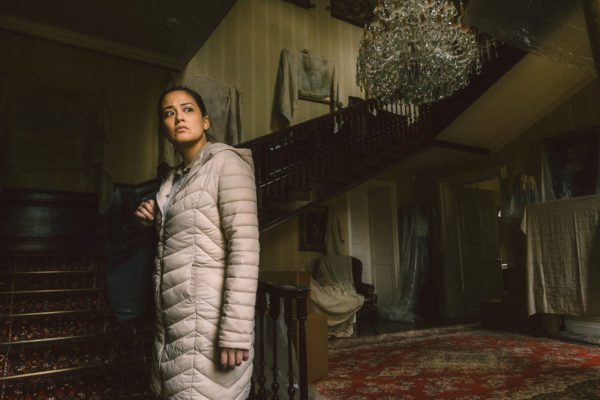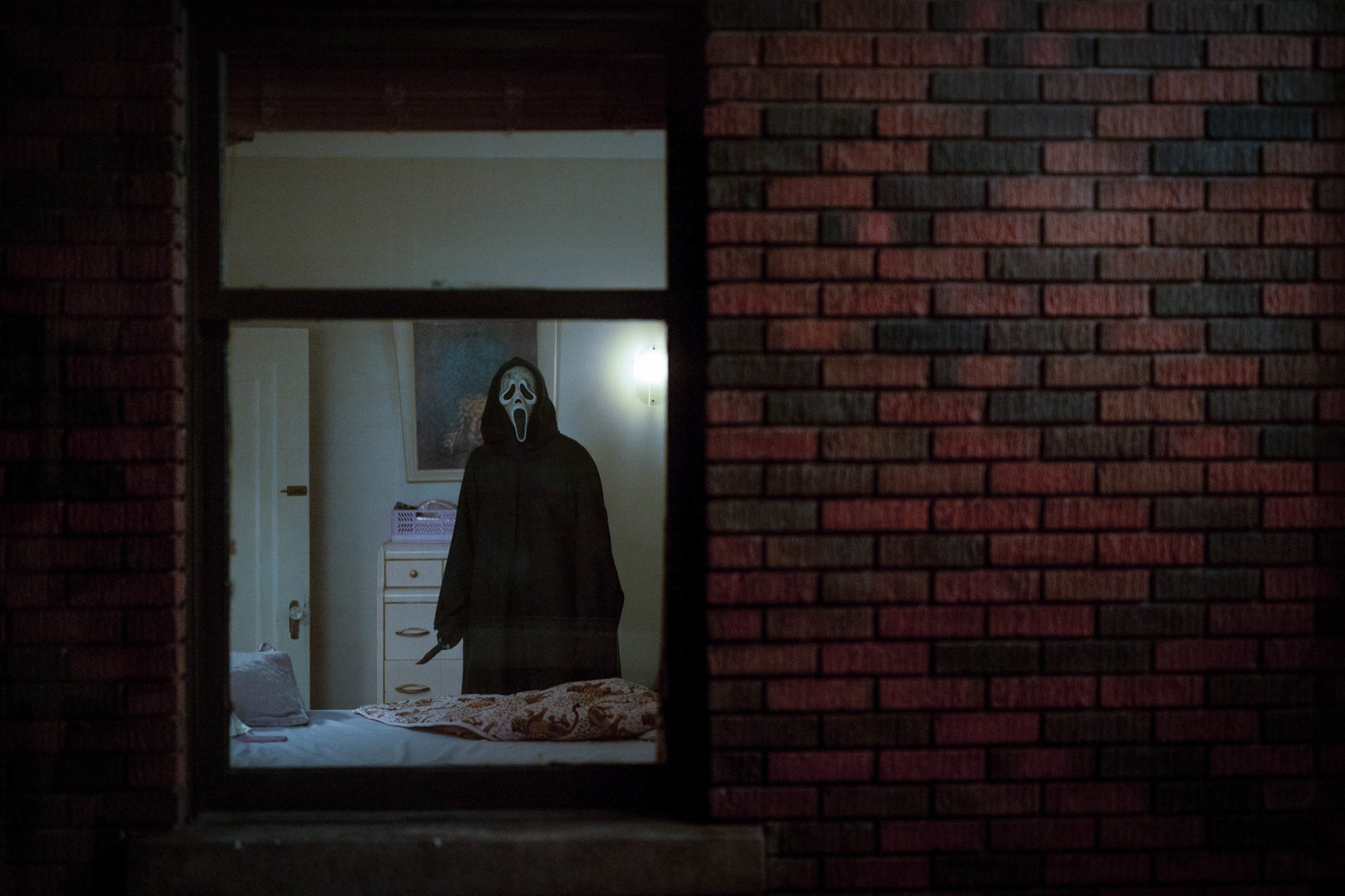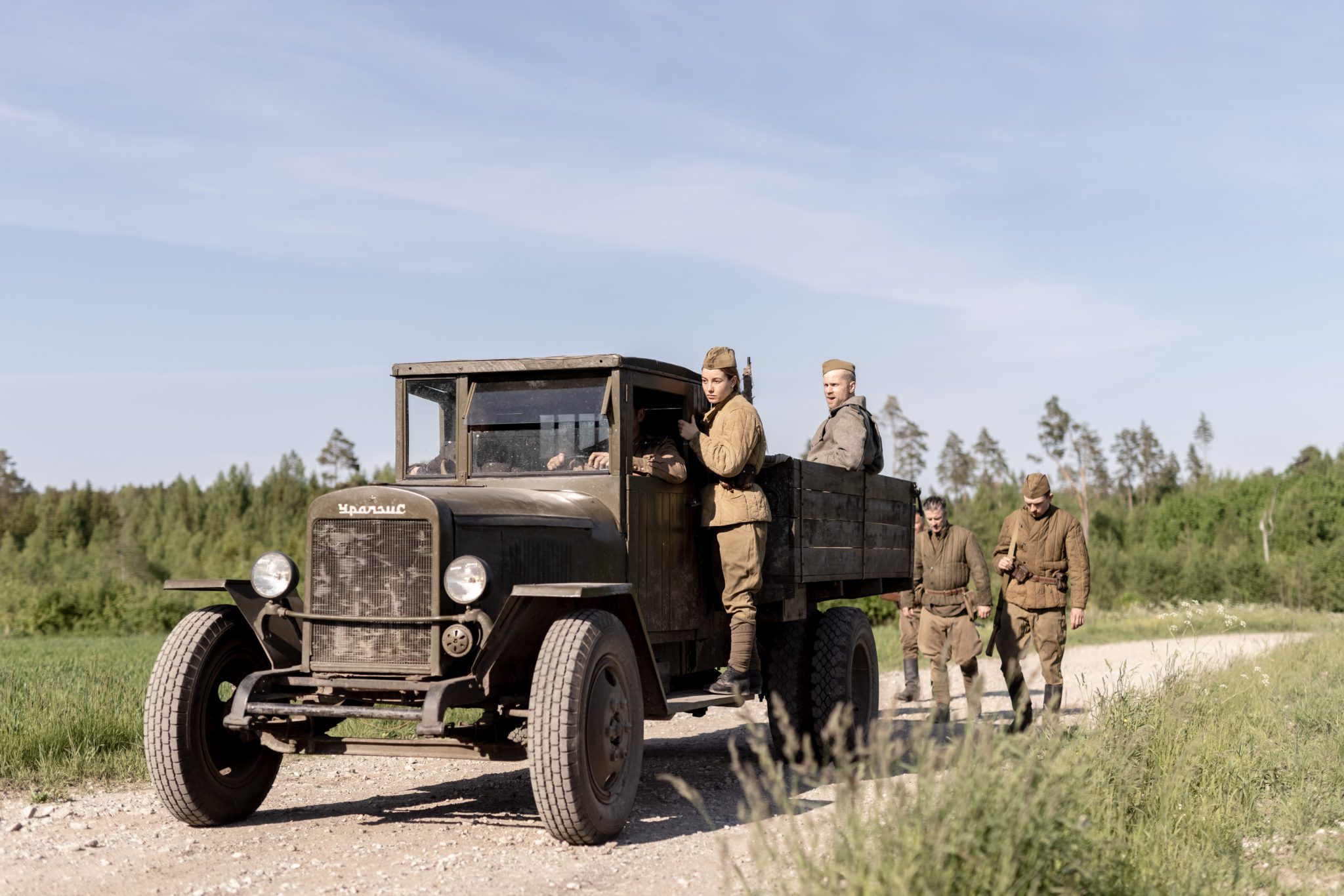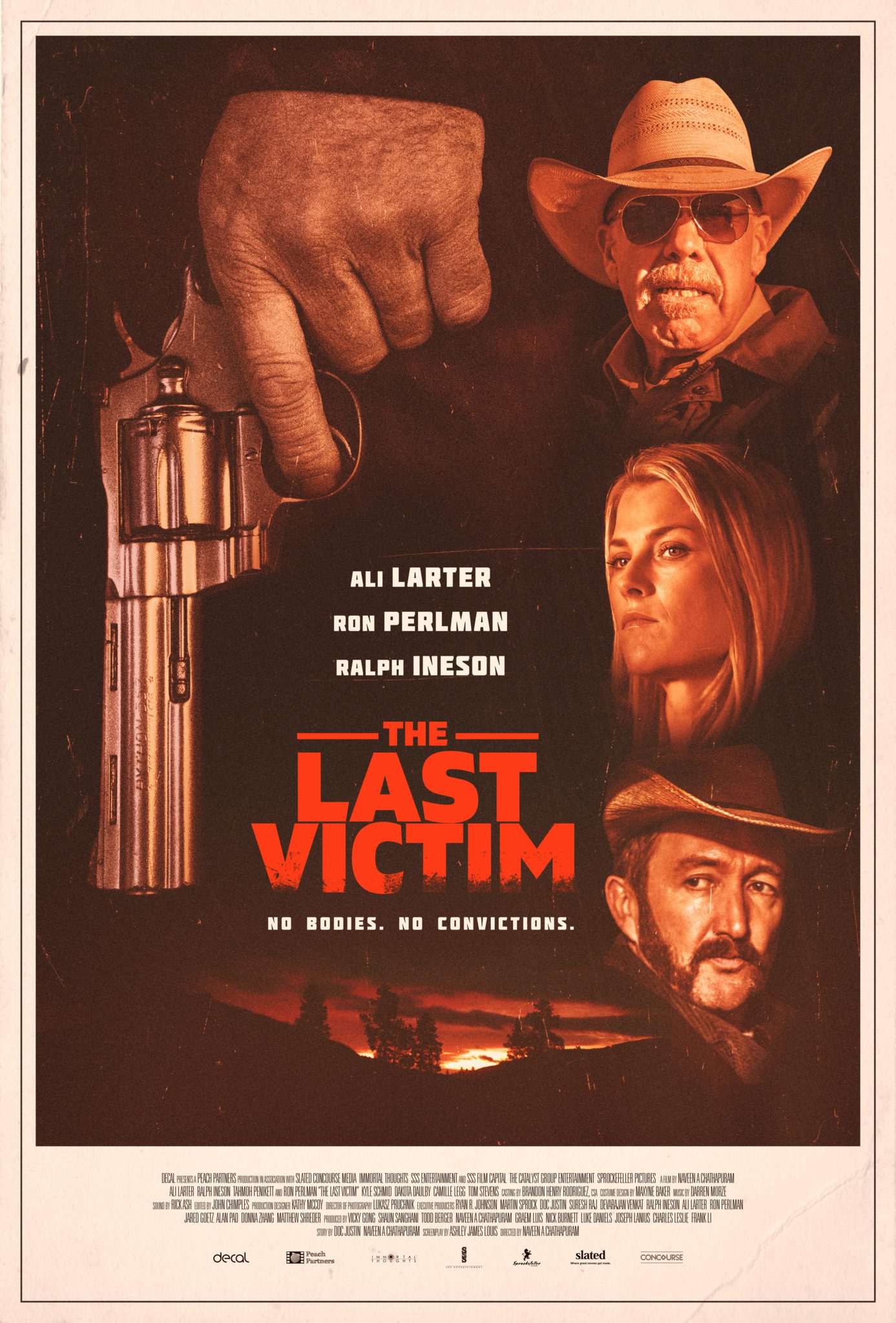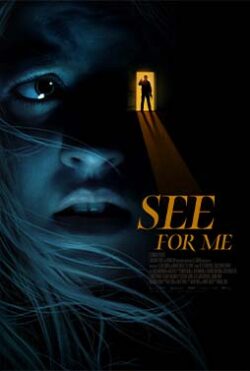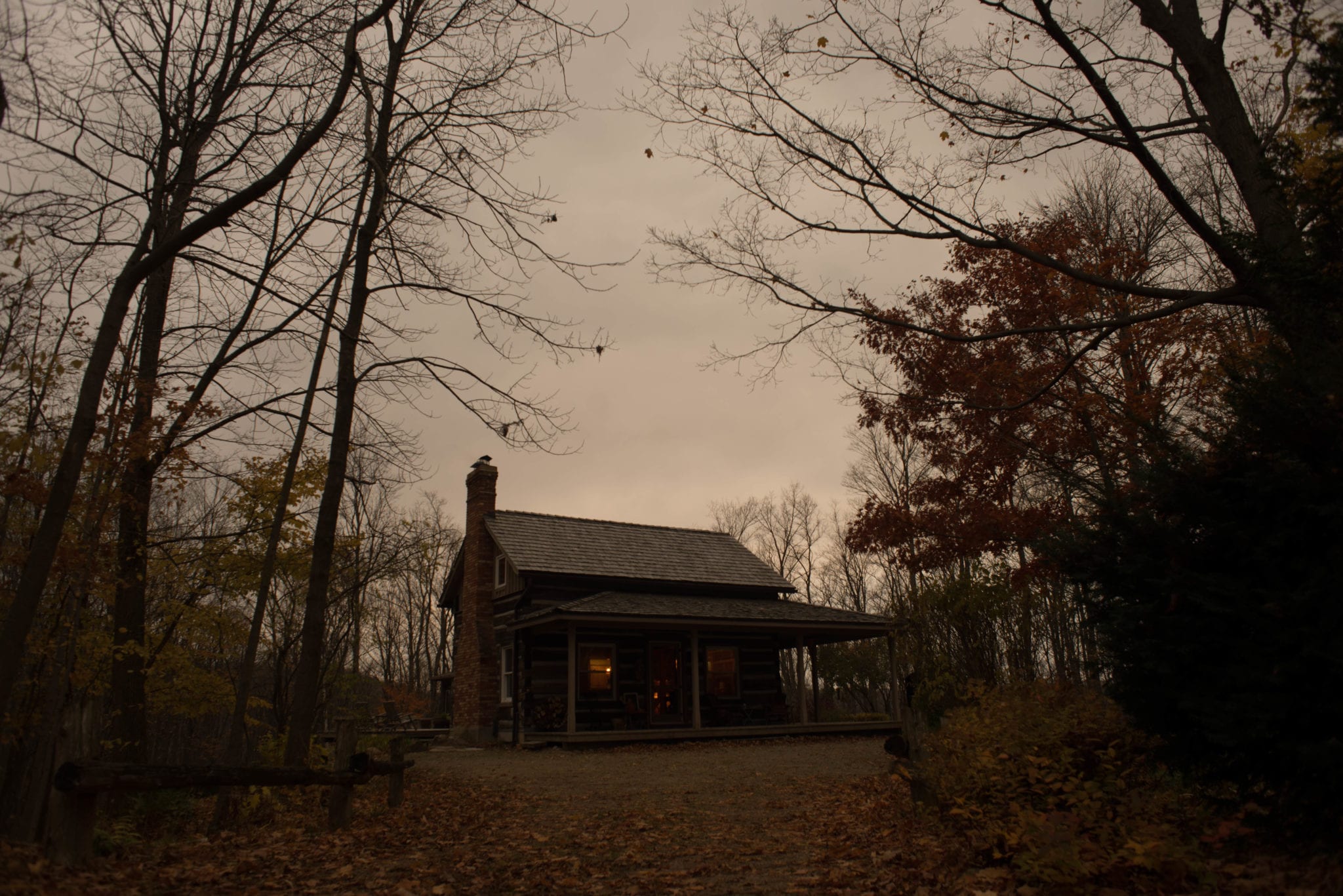
MaXXXine: Hollywood can be Murder
Hollywood can be murder. Set in the ‘glitz and glamour’ of 80’s Los Angeles, Maxxxine sees Maxine Minx (Mia Goth) set her sights upon becoming a famous actress. Having just stepped out of the adult film industry, she believes that she can become a household name. Though, as she begins her climb to stardom, Maxine falls into…


